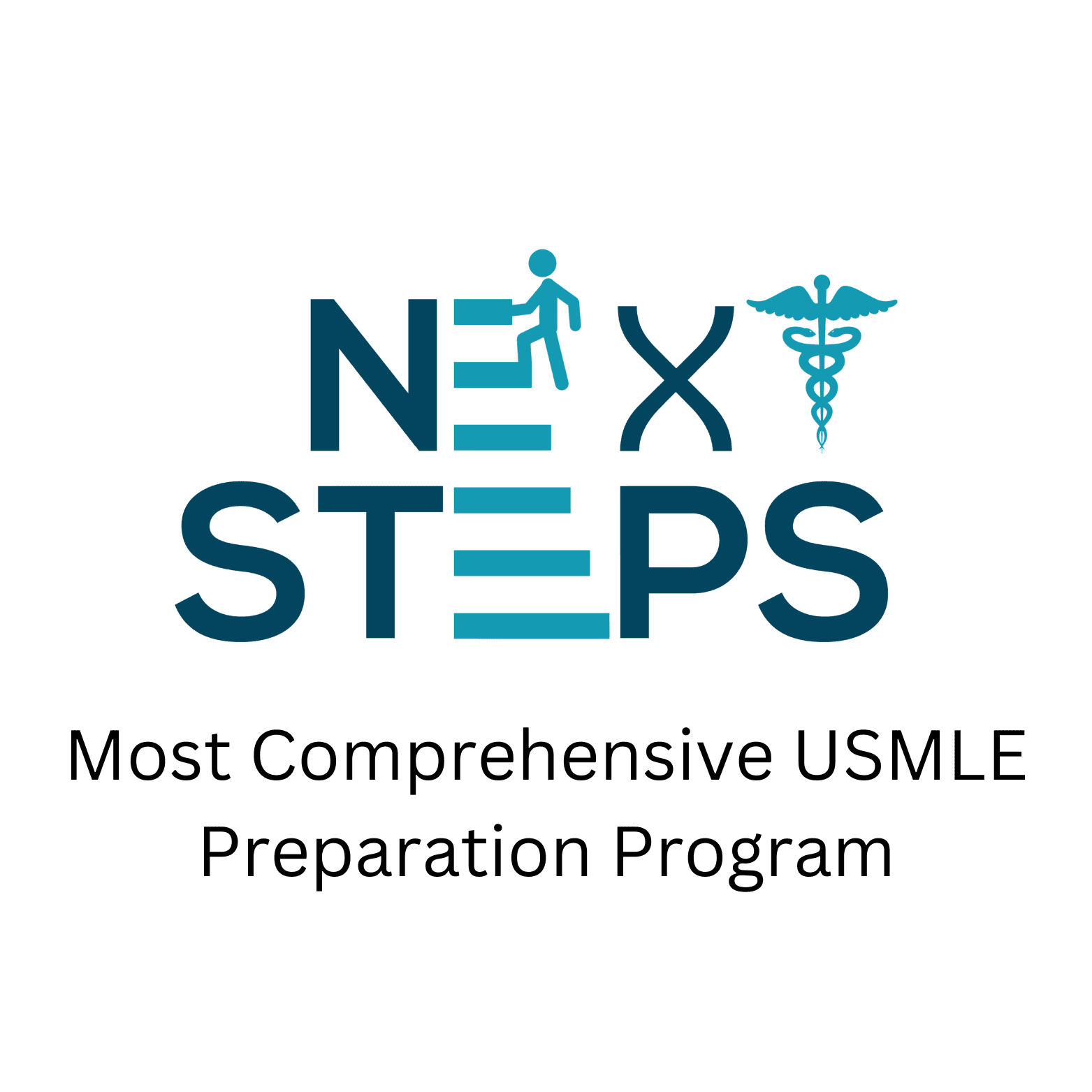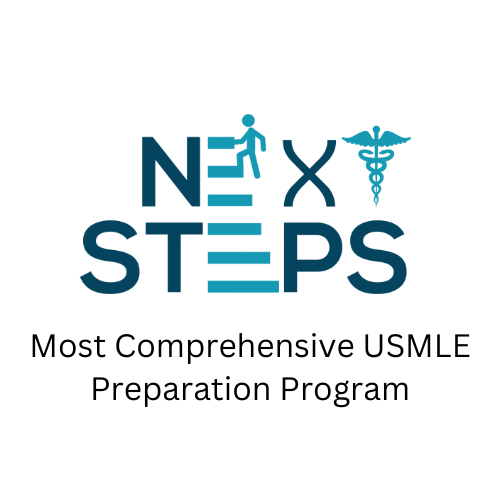Balancing USMLE preparation with the demands of medical school can be a daunting task. With the pressure to excel in both areas, it’s crucial to adopt strategies that allow you to manage your time effectively and maintain your well-being. Here’s a comprehensive guide on how to balance USMLE preparation and medical school successfully.
1. Plan Ahead
Create a Detailed Schedule:
- Develop a study schedule that integrates both medical school coursework and USMLE preparation. Use a planner or digital calendar to map out your daily, weekly, and monthly tasks.
- Prioritize tasks based on deadlines and importance. Allocate specific time blocks for USMLE study sessions, class attendance, assignments, and personal time.
Set Realistic Goals:
- Establish clear, achievable goals for both your medical school performance and USMLE preparation. Break down larger goals into smaller, manageable tasks.
- Regularly review and adjust your goals based on your progress and any changes in your academic schedule.
2. Use High-Yield Study Resources
Quality Over Quantity:
- Focus on high-yield study materials for both your medical school courses and USMLE preparation. Use resources like “First Aid for the USMLE,” UWorld question banks, and Pathoma for efficient studying.
- Avoid spreading yourself too thin with too many resources. Stick to a few trusted materials and use them comprehensively.
Integrate Learning:
- Integrate your USMLE study materials with your medical school curriculum. For instance, if you’re studying cardiology in class, simultaneously review the cardiology section in your USMLE resources.
- Apply what you learn in your classes to USMLE practice questions to reinforce your knowledge and improve retention.
3. Practice Effective Time Management
Prioritize Tasks:
- Identify and prioritize tasks that have the most significant impact on your success. Focus on high-yield topics and areas where you need the most improvement.
- Use the Eisenhower Matrix (urgent vs. important tasks) to categorize and prioritize your to-do list.
Time Blocking:
- Implement time-blocking techniques to dedicate specific periods to different activities. For example, allocate mornings for medical school lectures and afternoons for USMLE study sessions.
- Ensure you include breaks and downtime in your schedule to avoid burnout and maintain productivity.
Stay Organized:
- Keep all your study materials, notes, and schedules organized. Use digital tools like Evernote, OneNote, or Google Drive to keep track of your progress and important documents.
- Regularly review and update your study plan to reflect any changes in your schedule or priorities.
4. Stay Consistent and Disciplined
Daily Study Routine:
- Establish a consistent daily study routine that balances your coursework and USMLE preparation. Consistency helps build strong study habits and ensures steady progress.
- Aim to study for a set number of hours each day, but be flexible and adjust as needed based on your workload and personal commitments.
Active Learning Techniques:
- Utilize active learning techniques such as spaced repetition, practice questions, and teaching concepts to others. These methods enhance understanding and long-term retention.
- Regularly test yourself with practice questions and exams to assess your knowledge and identify areas for improvement.
Avoid Procrastination:
- Stay disciplined and avoid procrastination by breaking tasks into smaller, manageable chunks. Use techniques like the Pomodoro Technique (25 minutes of focused work followed by a 5-minute break) to maintain focus.
- Set specific deadlines for each task and hold yourself accountable.
5. Take Care of Your Health
Physical Health:
- Maintain a healthy lifestyle with regular exercise, a balanced diet, and adequate sleep. Physical health directly impacts your mental performance and overall well-being.
- Incorporate physical activity into your daily routine, even if it’s just a short walk or a quick workout session.
Mental Health:
- Manage stress through mindfulness practices, meditation, or yoga. Taking care of your mental health is crucial for maintaining focus and productivity.
- Seek support from friends, family, or a counselor if you feel overwhelmed. Don’t hesitate to ask for help when needed.
Balanced Lifestyle:
- Ensure you have a balanced lifestyle by including time for hobbies, social activities, and relaxation. Taking breaks and enjoying leisure activities can recharge your energy and prevent burnout.
- Practice self-care and give yourself permission to rest and rejuvenate.
6. Seek Support and Resources
Study Groups:
- Join or form study groups with classmates who are also preparing for the USMLE. Collaborative learning can provide additional insights, motivation, and support.
- Share resources, quiz each other, and discuss challenging concepts to enhance your understanding.
- Seek mentorship from seniors, professors, or professionals who have successfully balanced medical school and USMLE preparation. Their experiences and advice can provide valuable guidance.
- Attend workshops, seminars, or webinars focused on USMLE preparation and time management.
Online Communities:
- Participate in online forums and communities where you can exchange ideas, resources, and tips with fellow USMLE aspirants. Platforms like Reddit, Student Doctor Network, and medical Facebook groups can be helpful.
Conclusion
Balancing USMLE preparation with medical school requires careful planning, effective time management, and a commitment to maintaining your overall well-being. By integrating your study efforts, staying organized, and prioritizing your health, you can successfully navigate this challenging period and achieve your academic and professional goals. Remember, consistency, discipline, and self-care are your keys to success. Good luck!





